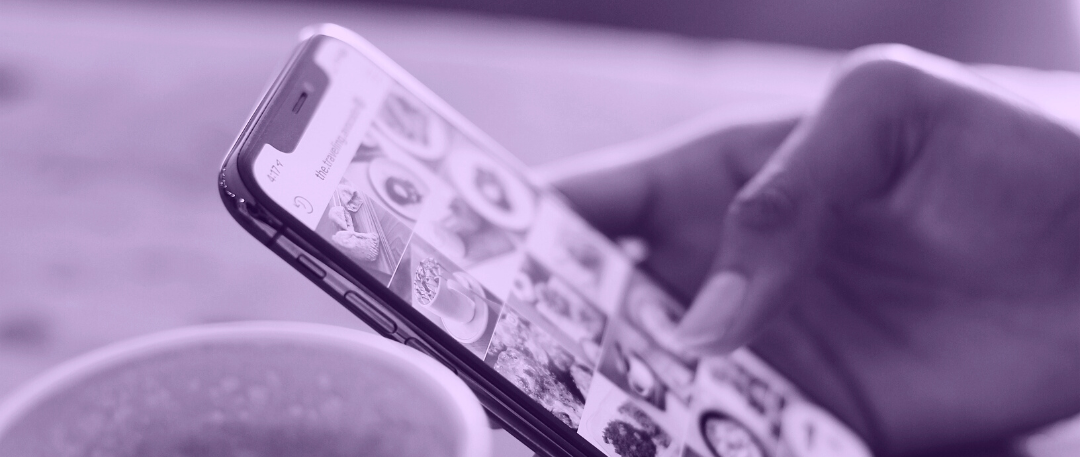Surgeon General Advisory of Social Media Impact on Teen Mental Health

Written by: Alex Park, Flower Mound HS
Social media connects people from across the world, allowing any child with access to the Internet to view practically any content by clicking a few buttons. In the U.S., around 75% of teens own some form of social media, such as SnapChat or Instagram, and 51% of teens claim that they view social media daily. Legally, many of these social media apps set a minimum age requirement of 13 years. However, parent outbursts and lawsuits exposed how simple it is for a child under 13 to lie about their age, potentially exposing the youth to inappropriate content. Dr. Vivek Murthy, the U.S. Surgeon General, has recently offered his input on precisely how the dangers of social media are changing mental health in teens.
One major signal that drew attention to the potential harms of social media is the increasing rate of teenage deaths by suicide. As the second leading cause of death in youth in the U.S., there is a daily average of 3,703 attempted suicides in the nation. Researchers found that this increased attempted suicide rate directly correlates with the increased use of social media amongst teens over the past decade. According to Dr. Murthy, any child exposed to inappropriate content, harmful comments, or damaging posts may experience a decline in mental well being. This further contributes to the increase of mental disorders in our youth such as general anxiety disorder or OCD.
However, it’s not just teens that are impacted by social media. Apps such as Facebook and Twitter that attract a more mature audience also hold similar negative impacts on adults. Therefore, rather than targeting parents and children, Dr. Murthy targets social media and technology companies to change policies that ensure healthy content with mitigated risks. Such policies would include spot checking content from popular creators to ensure that everything is age appropriate. Another policy includes offering a children’s version of each app that would only allow perfectly innocent posts to be seen by children. And while they don’t solve the issue of cyberbullying via social media, these policies intend to restrict what is posted to avoid harm.
Every day, thousands of teenagers experience declining mental health due to social media according to Dr. Murthy. Over the next few decades, it’s expected that this cause will only become drastically worse unless company policies make a substantial change in how posts are fed to a global audience. However, there are several ways youth can contribute to this matter:
- Creating online posts that advocate policy changes in social media
- Sharing content about mental health
- Taking temporary breaks from social media to replenish mental well being
- Mass reporting negative comments/posts that make others feel unsafe
While these actions may seem simplistic, in the long run, they can impact one’s immediate surroundings and help create the positive environment that social media was intended to foster.
Works Cited
AACAP. Social Media and Teens, www.aacap.org/AACAP/Families_and_Youth/Facts_for_Families/FFF-Guide/Social-Media-and-Teens-100.aspx. Accessed 6 July 2023.
“U.S. Surgeon General Issues Advisory on Social Media and Youth Mental Health .” Office of Juvenile Justice and Delinquency Prevention, 5 June 2023, ojjdp.ojp.gov/news/juvjust/us-surgeon-general-issues-advisory-social-media-and-youth-mental-health#:~:text=U.S.%20Surgeon%20General%20Dr.,harms%20social%20media%20use%20poses.
“Youth Suicide Statistics.” The Parent Resource Program, prp.jasonfoundation.com/youth-suicide-statistics/. Accessed 6 July 2023.
